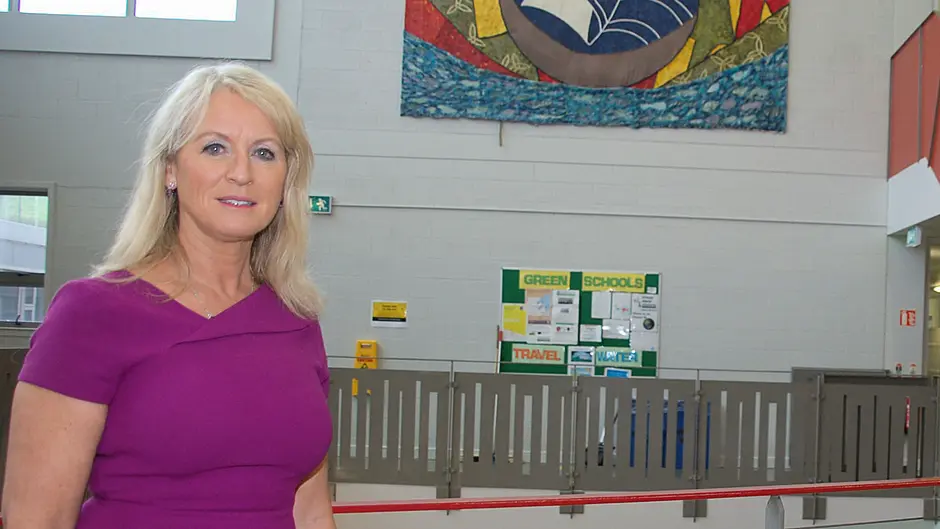BANTRY, Bandon and Clonakilty students took part in a major survey which found that teens are more likely to delay their first drink with in-school alcohol education.
Students from Coláiste Pobail in Bantry, Bandon Grammar School and Clonakilty Community School were among the 13,000 young people who participated in Drinkaware’s Junior Cycle alcohol education programme which was the subject of the three-year study carried out by Maynooth University.
This significant study tracks, for the first time, the experiences of first to third years regarding alcohol education in Ireland, in real time.
As the national charity working to reduce and prevent alcohol misuse in Ireland, Drinkaware commissioned the university’s centre for mental health and community research to investigate the programme’s effectiveness and, in particular, its primary prevention goal – to delay the age of a first drink.
The programme involves 8-10 lessons delivered on a weekly/fortnightly basis by the trained teacher and to date 134 schools have undertaken it, three in West Cork.
As the study followed participating students through their three formative years of secondary school, there was a marked shift across some of the results when comparing 2nd and 3rd year data. For instance, the 60% of students who indicated that they had never drunk alcohol remained fairly stable between 1st and 2nd year, but then decreased sharply by 17%, as students went from 2nd to 3rd year.
A disturbing result was that 38% of 3rd year participating students who drink have already experienced one or more negative effects of drinking, such as physical fights, arguments, accidents/injury, and/or feeling physically sick/vomiting.
A recurring theme identified within the report, was that of parents’ role in underage drinking. Parental permissiveness – even if this is only perceived by the student – and the ease with which alcohol can be accessed in the home setting, may either inhibit or enable underage drinking. For instance, 57% of 3rd year students had first consumed alcohol either in their own, or someone else’s home, most saying they did so with little difficulty whilst only one in four said they got into trouble with parents for drinking.
Marian Carey, principal at Coláiste Pobail, Bantry said: ‘We have seen a noticeable shift in students’ attitudes to alcohol, especially when it comes to understanding the range of harm that drinking can cause. Pupils are impressionable at this age, and peer pressure is a reality. Programmes like this play a huge role in helping teachers engage with young people to give them the information, and the personal and social skills they need to make better decisions long term.’
Sheena Horgan of Drinkaware said: ‘15 years of age is the average age of the first drink in Ireland.But average doesn’t tell the full story. This study shows how attitudes and behaviours shift markedly across 13 to 15-year-olds, meaning alcohol education before this age is vital.’








